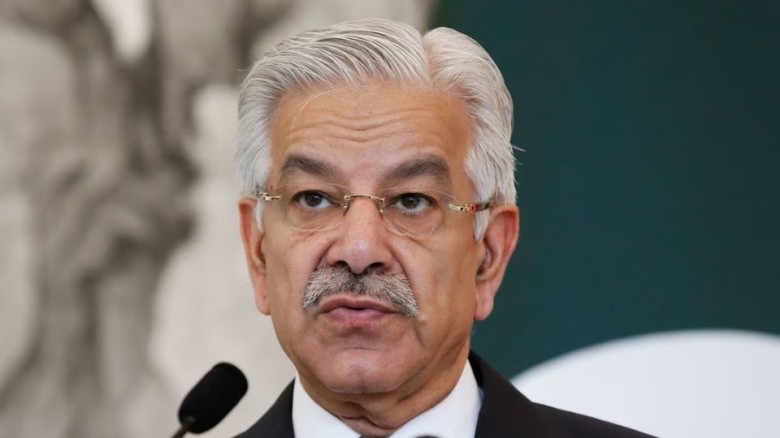Pakistan Says Simla Agreement Over, Seeks Global Role in Kashmir
In a bold and controversial statement, Pakistan’s Defence Minister Khawaja Asif has declared that the Simla Agreement is no longer valid, and moving forward, the Kashmir issue will be addressed on an international platform. This shift in stance signals a significant deviation from the bilateral framework that has long governed the dialogue between India and Pakistan over the disputed region of Jammu and Kashmir.
What Was the Simla Agreement?
The Simla Agreement, signed in 1972 by then Indian Prime Minister Indira Gandhi and Pakistani President Zulfikar Ali Bhutto, was a landmark accord that sought to normalize relations after the 1971 war. A critical clause of the agreement emphasized that both nations would resolve their differences, including Kashmir, bilaterally—without the involvement of any third party.
For decades, this agreement has served as the foundation for India’s position that Kashmir is a bilateral issue and should not be internationalized. India has consistently resisted any external mediation, including from the United Nations, United States, or other international bodies.
Khawaja Asif’s Controversial Statement
In his recent statement, Khawaja Asif claimed that the conditions of the Simla Agreement had been violated by India, particularly after the abrogation of Article 370 in August 2019, which removed Jammu and Kashmir’s special status. According to Asif, this move nullified the basis of the agreement, giving Pakistan the right to raise the Kashmir issue globally.
Asif stated, “The Simla Agreement is over. India has unilaterally changed the status of Kashmir, and we will now raise this issue internationally, including at the United Nations and other global platforms.”
India’s Likely Response
India is expected to reject this assertion strongly. New Delhi has consistently maintained that Kashmir is an internal matter and that any external involvement is unwarranted and unacceptable. India is likely to continue emphasizing that Pakistan’s support for cross-border terrorism undermines peace efforts.
Possible Implications
This declaration by Pakistan’s Defence Minister could have significant geopolitical consequences:
-
Increased diplomatic tensions between India and Pakistan.
-
Renewed efforts by Pakistan to gain international sympathy and support over Kashmir.
-
Potential discussions at global forums like the United Nations General Assembly (UNGA) or the Organization of Islamic Cooperation (OIC).
-
Greater involvement or interest from countries such as China and Turkey, which have previously supported Pakistan’s position.
Conclusion
While it remains to be seen how the international community responds to Khawaja Asif’s declaration, one thing is clear: the Kashmir issue is once again in global headlines. Whether this leads to meaningful diplomatic progress or further escalation will depend on the responses from both New Delhi and Islamabad in the coming weeks.



.png)

.png)





Leave A Comment